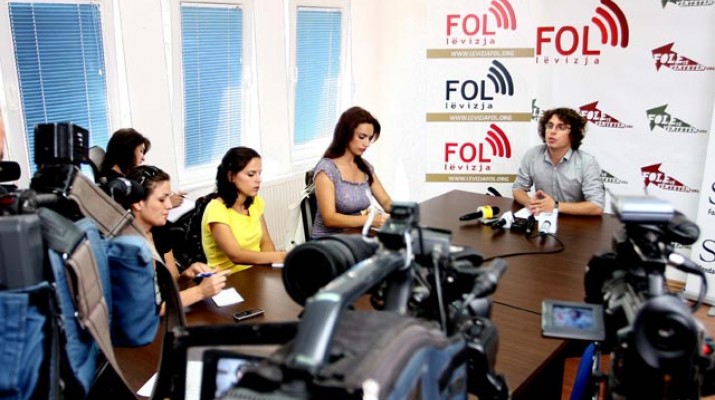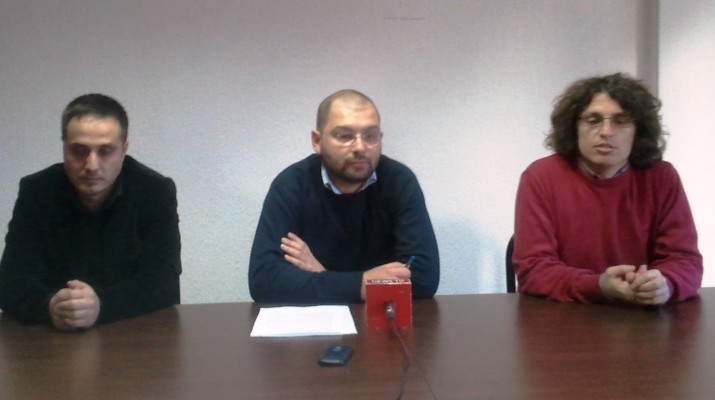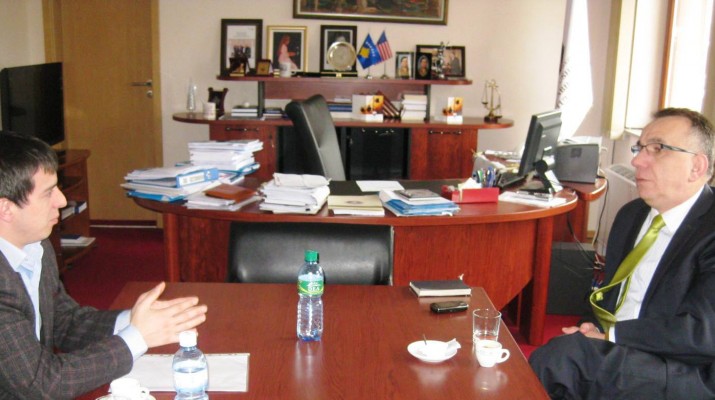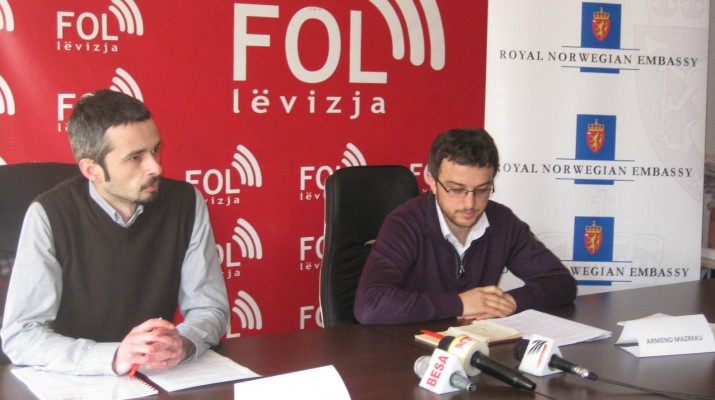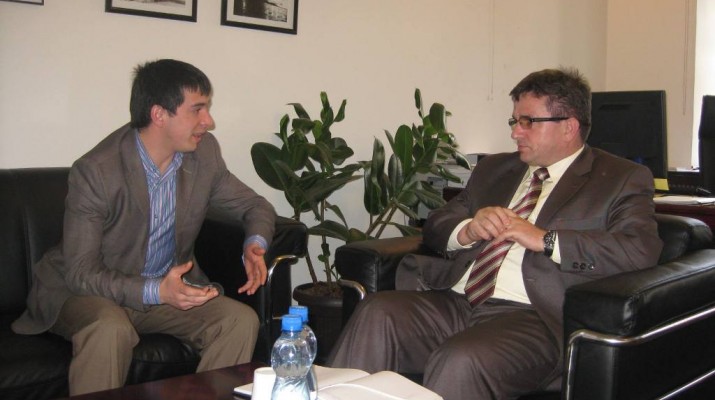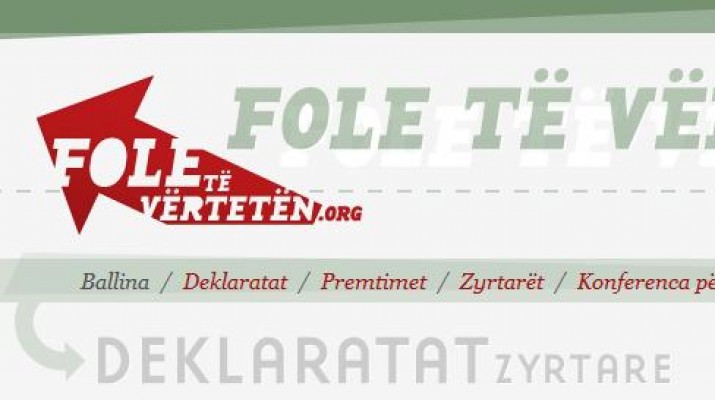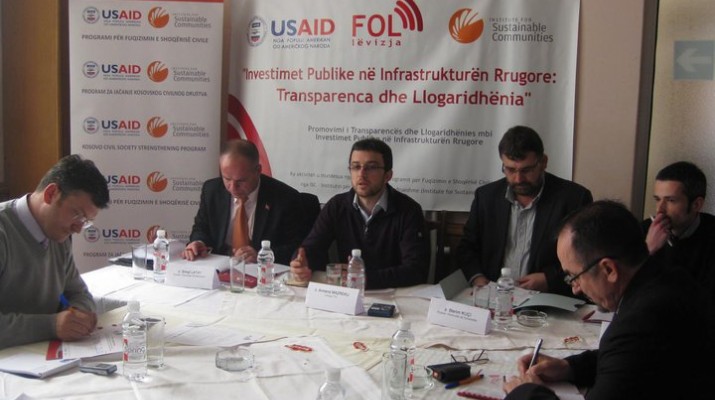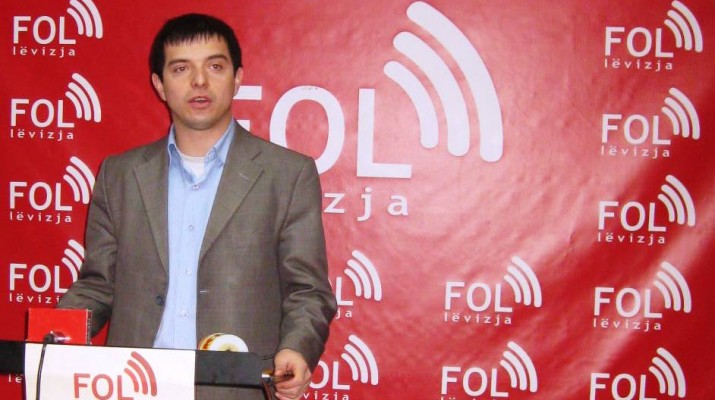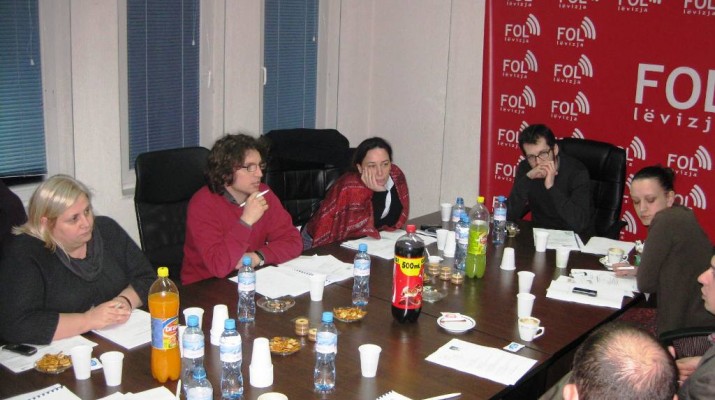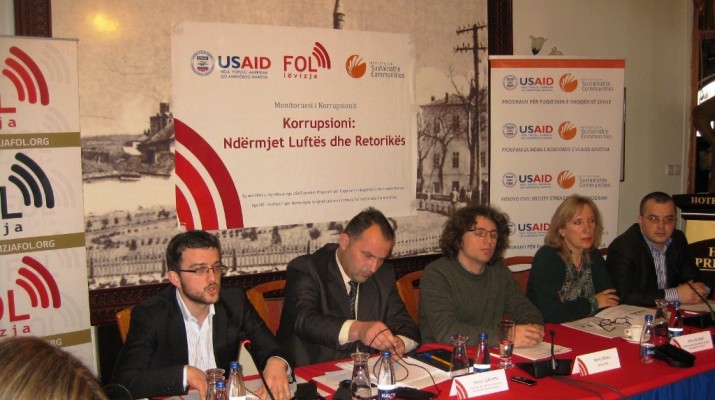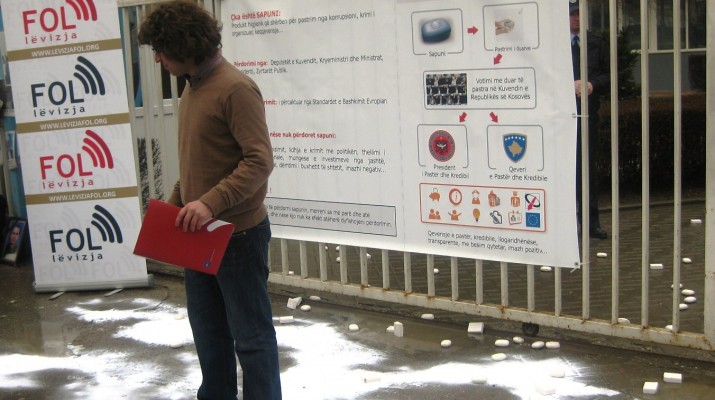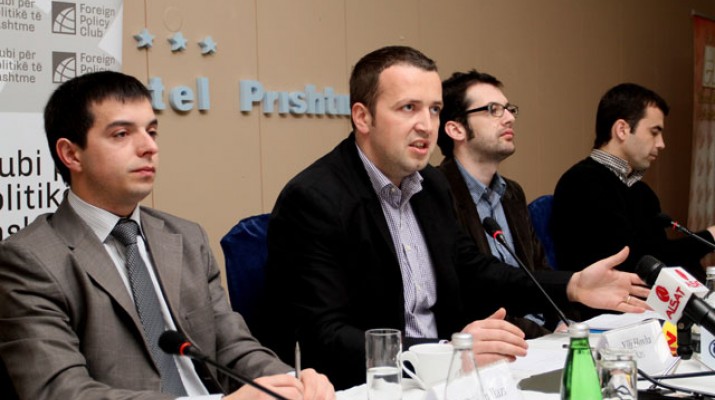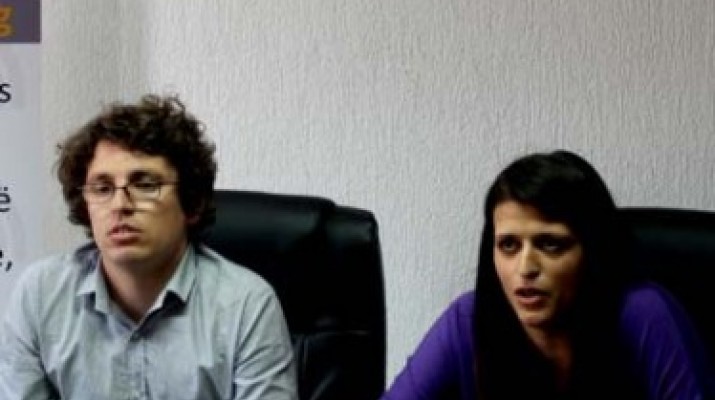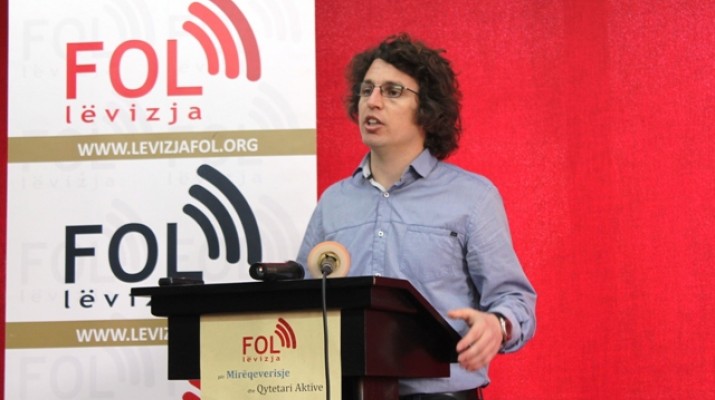Prishtina 8 March 2011– Within the year 2010 Kosovo Police has investigated 704 cases of corruption and organized crime. The fight against corruption and organized crime in Kosovo over the past year has continued, but without any senior officials behind the bars. Kosovo Special Prosecutor, continued investigations into two cases considered the biggest so far. Investigations for at least five offenses in the Ministry of Transport are being conducted by this prosecution. The main suspect is Fatmir Limaj, suspected of committing organized crime, official misconduct, and embezzlement during official duty, taking bribes and money laundering. The Chief of Procurement Nexhat Krasniqi is being investigated as well. Despite that it”s been a year since investigations has began, there are no charges in this case yet. The prosecution has been justified that it takes time for the case is very sensitive.
The arrest of former Kosovo Central Bank Governor Hashim Rexhepi, it is considered to be the second largest case in 2010. He was caught in the workplace, and held in custody for three months on suspicion of abusing the office or official authority, imposing influence, money laundering, tax evasion and taking bribes.
The case was entirely led by a Kosovo prosecutor, and the search was conducted by Kosovo Police as well. The suspects in this case are other officials as well, one of them still continues to work in the Central Bank.
Within the year 2010 Kosovo police investigated 704 cases of corruption and organized crime. Relating these 704 cases, 171 suspects have been arrested, 530 cases were sent to the relevant prosecutions depending on the region, 257 cases were sent to the prosecutions with special reports, and criminal charges have been filed against over 909 suspects. The value of potential damages caused by the actions of the suspects is millions.
Compared to 2009, the Kosovo Police has achieved greater success. Various economic crimes and corruption, during 2009 were 90 cases under investigation, 103 people were arrested, 325 cases were sent to the prosecution, 161 cases were sent to the prosecution with special reports, and criminal charges have been filed against 564 suspects.
But all this success of the Police in the detection and catching the suspects who are destroying the country with their illegal actions, no one knows what the investigation results of the prosecution will be.
As a result of the lack of a database Kosovo Prosecution has failed to give Movement FOL accurate data about what has happened to the cases submitted by police.
Prosecution does not have data for each year separately but in total the total number of cases of corruption that is expected to be handled by local prosecutors is over 400. This number is distributed in the Kosovo Special Prosecution, district and municipal ones as well. The good news is that, from this number, 100 cases are in the preliminary investigation phase, expected to be submitted to the Court for trial, while 300 cases are under investigation.
The European Union Rule of Law Mission, EULEX is involved in the fight against corruption as well. This mission, whose prosecutors deal with “sensitive” cases that the local prosecutors do not deal, in 2010 worked on 91 cases of corruption at the Special Prosecution and district ones.
According to the data provided by EULEX, 51 cases are being investigated by Special Prosecution of the Republic of Kosovo, and 40 cases by District Prosecutions and the majority of cases by the District Court of Prishtina where the number of the prosecutors is the smallest.
EULEX has provided more accurate data for the cases one by one and their nature. According to these data 5 criminal cases are currently before the trial for corruption, 34 cases are expected to begin the trial, these cases are of economic crimes, 32 other cases are organized crime and which are expected to begin trial.
Criminal cases that are in the final phase of the trial for 2010 are 18 cases of corruption and 4 cases of organized crime. The number of the defendants in these cases is: 175 accused for corruption and 175 accused for organized crime.
During the 2009-2010 judicial panels led by EULEX judges, announced 14 judgment for corruption and 2 for organized crime. These judgments in most cases have been exculpatory to the defendant.
Movement FOL is not satisfied regarding with the work being performed. Despite that for such cases it is needed a general investigation, the level of corruption in Kosovo is overcoming the fight against it and consequently the successes in this fight is minor compared with the level of corruption at all levels.
Some positive steps:
Positive Step 1 – One of the positive steps that were undertaken last year to fight corruption is the establishment of “Task Force” against crime and corruption. This special unit was formed in February and led by a local prosecutor. It consists of local and international prosecutors as well as police officers.
Positive Step 2 ” The second positive step is the appointment of prosecutor Drita Hajdari, coordinator of anti-corruption prosecutors. She manages the work against corruption. But she will not make it out alone in this work.
Success 1 – The greatest success is that the raid broke the taboo of the Ministry of Transport. In the case of this raid, the prejudice that “the strong are untouchable” was broken in Kosovo.
Success 2 ” Beginning of the Trial in December 2010 of two former ministers of the Serb community and a deputy minister. Slavisha Petkovic, Branislav Gerbic former ministers and the deputy minister of ministry of health in the current government, Nemanja Vujovic, were accused on charges that they damaged the state budget more than 1 million and 100 thousand euros in fictitious construction of houses for returnees. But Prime Minister Thaci, who has propagated the fight against corruption, did not dismiss this deputy minister from the office.
RECOMMENDATIONS:
Movement FOL requires increasing the number of investigators and prosecutors to deal with corruption cases. According to movement FOL, the number should be doubled. This should happen in particular in the District Court in Prishtina, which has the largest number of cases of corruption.
The prosecution continues to function with only 5 prosecutors, while only one dealing with corruption cases. Only browsing the cases sent by police shall take almost all the time of a prosecutor. Dealing with them shouldn”t even be mentioned.
Because of this, the number of prosecutors in this prosecution should be twenty (20), while the number of specialized prosecutors to pursue corruption cases should be at least five (5).
